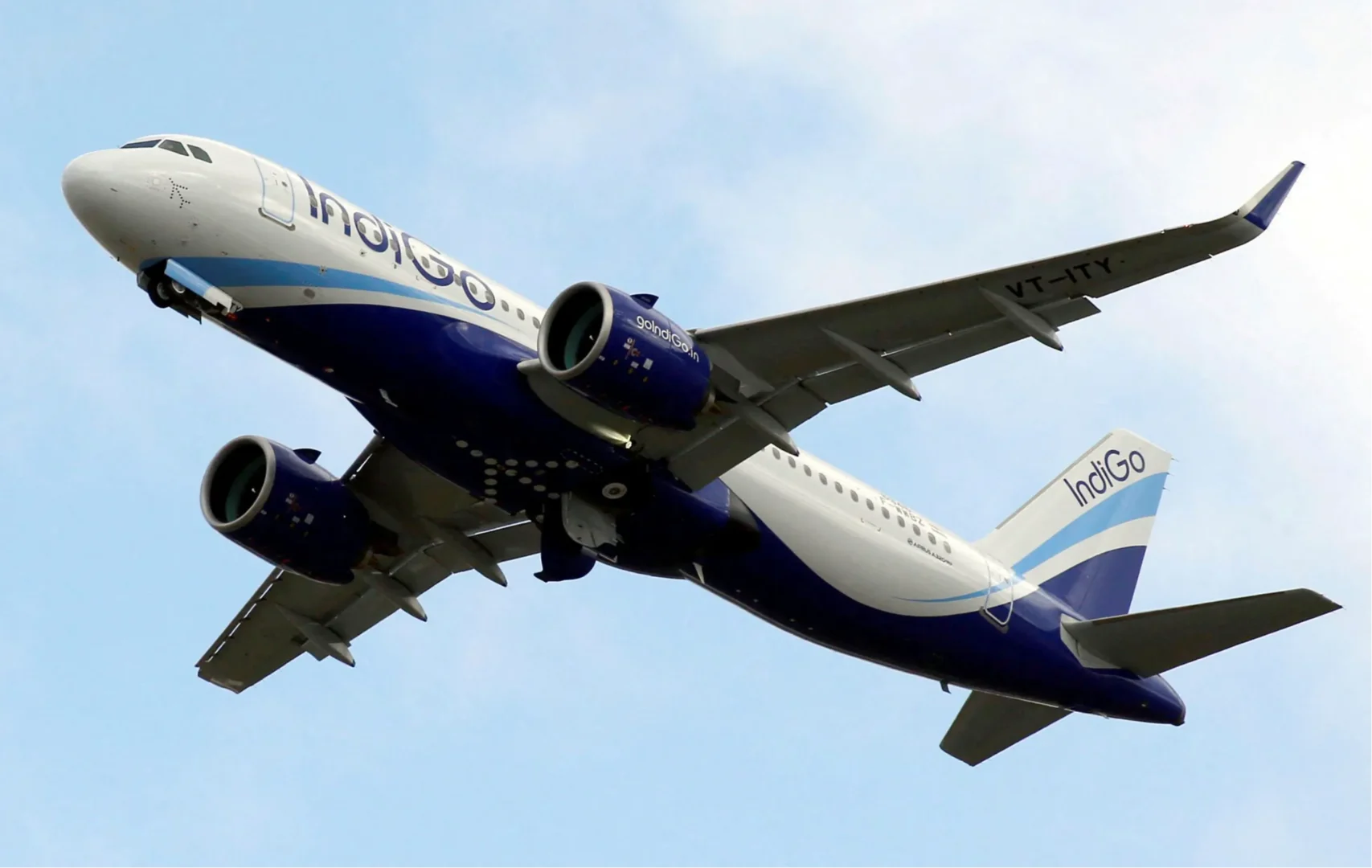India and China are set to restart direct flight services this month, a move India’s foreign ministry views as another significant step toward the gradual normalization of bilateral relations.
Direct air travel between the two nations has been suspended since 2020, following a deadly troop clash along their shared, ill-defined Himalayan border.
Over the past year, however, Beijing and New Delhi have been engaged in efforts to rebuild frayed ties and de-escalate tensions along the lengthy 3,440-kilometer (2,100 miles) border, where overlapping territorial claims have historically caused friction.
India’s foreign ministry confirmed the resumption on Thursday, stating that the relaunch of flights would “further facilitate people-to-people contact” between the two countries and contribute toward the “gradual normalisation of bilateral exchanges.”
India’s largest budget carrier, IndiGo, simultaneously announced that it would restart its direct flight route between Kolkata and Guangzhou starting October 26.
Diplomatic momentum and trade shifts
The confrontation in 2020 at the Galwan river valley—which resulted in the deaths of at least 20 Indian soldiers and four Chinese soldiers—marked the first fatal incident between the two armies since 1975 and led to a freezing of diplomatic and economic exchanges.
Recent months have seen an accelerated pace of reconciliation efforts. High-ranking officials have held several rounds of talks, including an agreement in October last year on patrolling arrangements designed to de-escalate tensions along the disputed frontier.
Earlier this year, China permitted Indian pilgrims to visit certain places of religious significance in the Tibet Autonomous Region. In a reciprocal move, India resumed visa services for Chinese tourists and agreed to resume cross-border trade talks through designated passes.
Also Read: Air India flight 171: The race to unravel a 40-second catastrophe
The warming of Delhi-Beijing ties has also been spurred by India’s souring relationship with the United States, particularly due to the punishing tariffs imposed by President Donald Trump’s administration.
In August, Chinese Foreign Minister Wang Yi visited Delhi, publicly stating that India and China should regard each other as “partners” rather than “adversaries.” Later that same month, Chinese ambassador to India Xu Feihong weighed in on the U.S. tariff policy, calling the U.S. a “bully” for imposing steep tariffs on India and other countries.
Also in August, Prime Minister Narendra Modi visited China for the first time in seven years to attend the Shanghai Co-operation Organisation (SCO) defence summit. On the sidelines of the summit, he met with Chinese President Xi Jinping, and both leaders reiterated their commitment to normalizing India-China relations.

